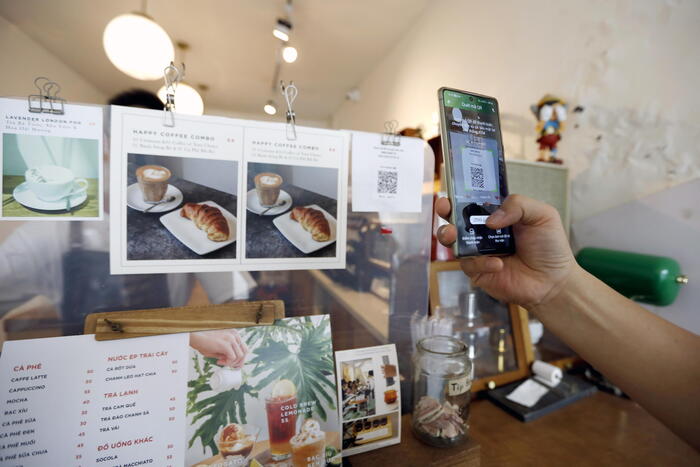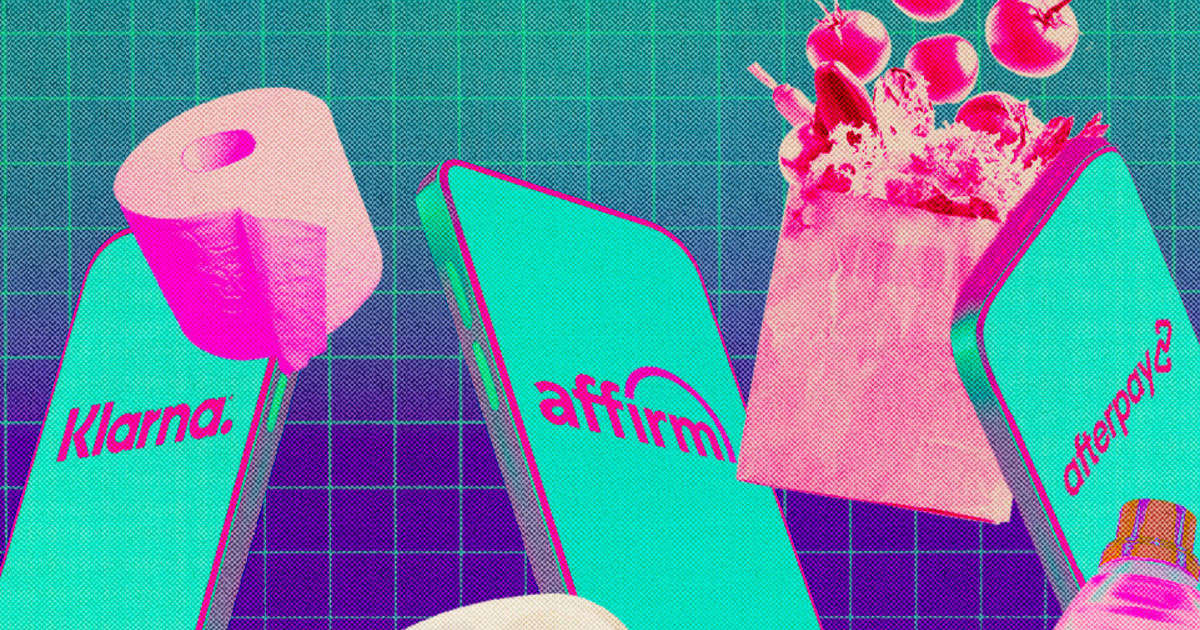In times of the pandemic, coins continue to lose importance.
Many customers prefer to pay contactless.
Bad Tölz-Wolfratshausen
- in your wallet, in your pocket or in a piggy bank: statistically speaking, every German citizen hoards 181 cents or euro coins.
But the so-called copper money, many believe, could gradually disappear.
Not least as a result of the corona pandemic.
"We know, however, that Germans still love cash - and thus also coins", says Willi Streicher, press spokesman for Sparkasse Bad Tölz-Wolfratshausen.
The EU Commission wants to decide on the weal and woe of one- and two-cent pieces this year.
According to the President of the German Commission, Ursula von der Leyen, one of the reasons for their abolition is that the production costs exceed the nominal value of the tiny products.
Speaking of costs: The North Sea island of Wangerooge has not been supplied with coins since the end of 2019, because due to the ebb and flow of tides, it was often not necessary to get to the island cheaply by ferry, but by extremely expensive air freight.
We are noticing a strong increase in online payments in retail, including more and more small amounts
Willi Streicher, spokesman for the Bad Tölz-Wolfratshausen Sparkasse
"We are noticing a strong increase in online payments in retail, including more and more small amounts," reports Willi Streicher.
"The corona pandemic has brought another big boost here, mostly for reasons of hygiene," the Sparkasse spokesman notes.
The result: “There are fewer and fewer cash transactions.” Merchants “are increasingly aware that 'counting money' is very labor-intensive,” says Streicher.
Online, however, the amount lands directly on the account.
According to Streicher, the Sparkasse has long been preparing for this development: "With all cards - SparkassenCard and credit card - as well as with smartphones, our customers can make contactless and cashless payments." At the same time, Sparkasse is equipping dealers with terminals.
According to Streicher's words, the company still provides coins in its advisory centers, and it can be paid in at the machine.
But: "Due to the high expenditure, the provision and deposit of coins are priced." That means: The Sparkasse charges a fee for the transactions.
“For example, we are legally obliged to check every coin for authenticity, which is a huge effort,” explains Streicher.
Exempt from the obligation to pay “are of course children's savings boxes”.
The trend towards cashless shopping "has been boosted by the corona pandemic," confirms Till Hemmer, authorized signatory at VR Bank München Land, which has branches in Wolfratshausen, Geretsried and Münsing.
His experience: “In particular, hygiene in cashless payments leads to more transactions with the Girocard and the credit cards offered.
In addition, ApplePay came as a new payment method that is well received by customers. ”But Hemmer refers to a current study by the Deutsche Bundesbank, according to which half of all payment transactions are still made with cash.
He assumes “that part of the population would still not want to do without cash and thus also coins.” However, Hemmer expects “prospectively” that the acceptance and issuance of coins will only take place at the larger locations of the VR Bank München Land is offered.
Similar to Sparkasse spokesman Streicher, he justifies this with the high and costly effort for the bank.
"It's like retail for us: the issue of coins is ultimately a huge logistics issue," says Andreas Pentenrieder, Head of Sales Management at Raiffeisenbank Isar-Loisachtal.
According to Pentenrieder, the Wolfratshausen-based company accepts cash from customers who have to pay “a symbolic euro” for this service.
The emptying of children's savings boxes during World Savings Week “is of course excluded from this rule”.
In order to feed the many cents and euro pieces back into the cash cycle, the Raiffeisenbank depends on an external service provider.
It collects the coins - after the authenticity check on site - transports them to the Bundesbank and in turn supplies the bank with cash in the opposite direction.
According to Pentenrieder, the “symbolic euro” demanded by the customer does not cover the actual costs by far.
According to him, the corona pandemic has not only forced contactless payment among many citizens.
At the same time, the demand for payment terminals has increased.
Even kiosks and bakeries are increasingly offering their customers the option of paying small amounts of money using plastic cards.
Pentenrieder observed an "extreme shift" in the catering trade.
While the use of cash and debit cards has been balanced so far, "two thirds of the payments are made cashless" when selling on the street during lockdown times.
Manfred Klaar, Vice-Board Member of Raiffeisenbank im Oberland, headquartered in Bad Tölz, empties his wallet every evening: “The coins go into a bowl, when it is full, I pay the money into my account.” Of course, “I pay them for it due fee ”, emphasizes Klaar with a wink.
Because, like his professional colleagues, he knows that the “Coin Testing Ordinance” costs banks dearly.
In mathematical terms, dealing with cents and euro pieces is “definitely in deficit”.
Only a very small part of the costs is passed on to customers.
Above all, the lockdown in the catering industry has throttled cash transactions in recent months.
Klaar attributes this not least to an “urban-rural divide”.
While many restaurant visitors in Munich have been paying their bills cashless for years, in the inns in the country it is primarily real cash.
In the medium term, plastic cards and smartphones will “steal the money from the coin”, predicts Klaar.
“But only those who really want to get into trouble can get rid of the cash.” For the German Michel, the coins and notes are “a store of value”.
The citizens would trust "in the stability of our money" - in contrast to people in many other countries.
cce
Also read: After the Corona Abitur: That's what the graduates do today
The big frustration: restaurateurs disappointed with corona decisions









